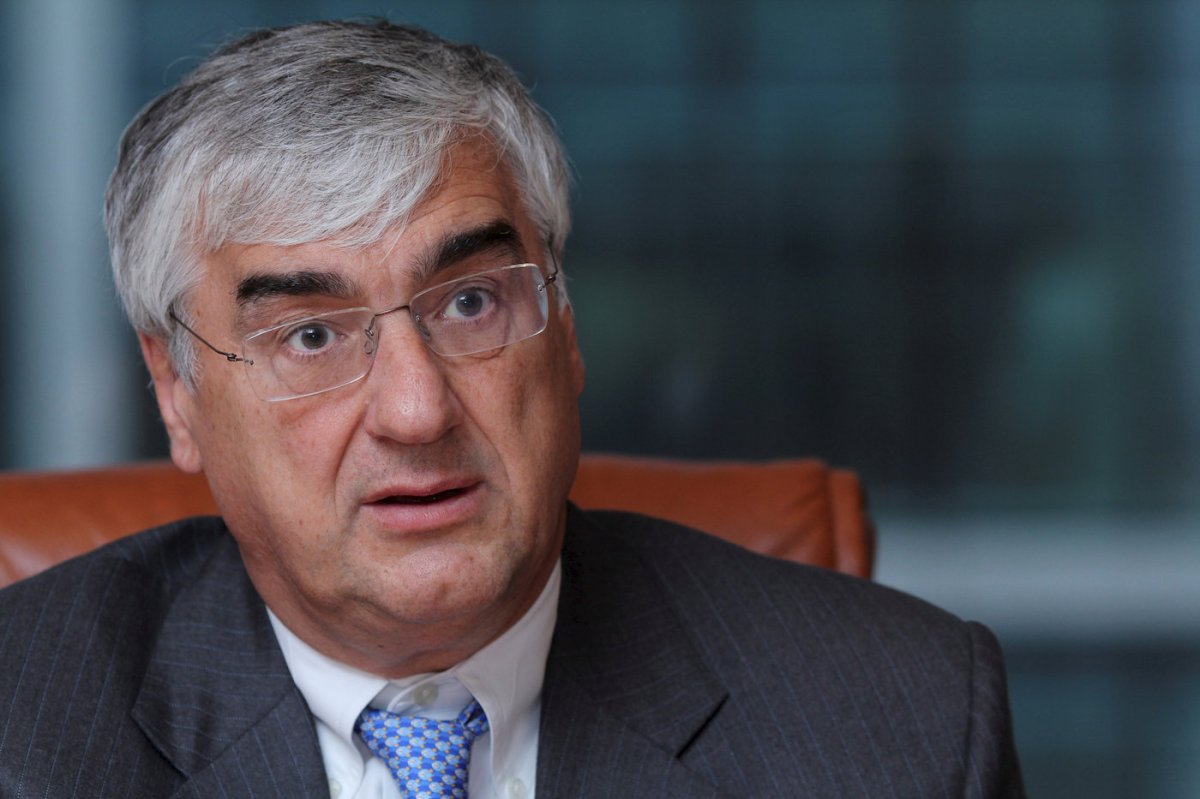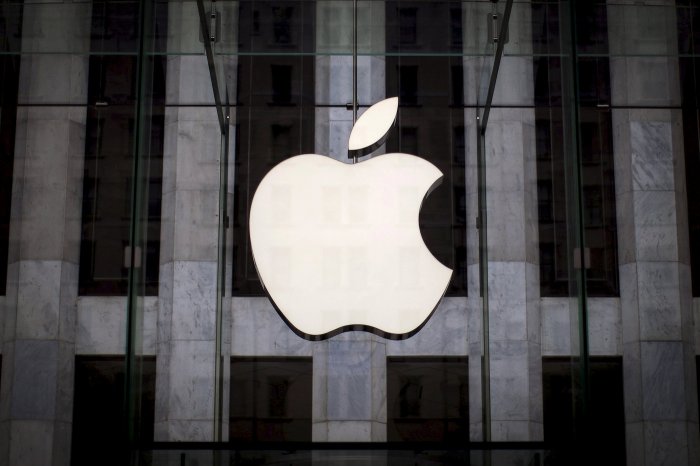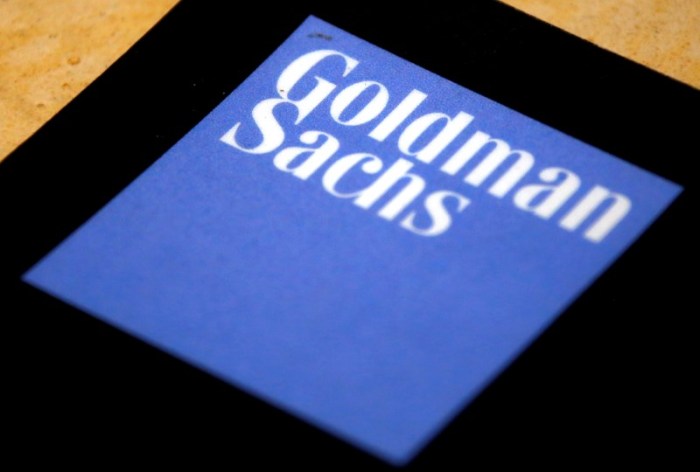By Maiya Keidan
LONDON (Reuters) – Staff numbers at CQS, the hedge fund run by billionaire investor Michael Hintze, have fallen sharply, with the Australian saying rivals must adapt to a rapidly changing industry. Over the past 18 months, headcount at CQS has fallen by 18.5 percent, or roughly 50 people, a person familiar with the company told Reuters. After a tough 2015, all the main funds of CQS, which manages $12 billion, are now in the black. The industry, which is famed for its stellar returns and high fees, is generally under pressure due to heavy withdrawals this year.
“The industry needs to adapt and we, as a business, are also doing so,” Hintze said in an email to Reuters.
“We have streamlined the business and we are focused on delivering performance for investors,” he added. “We have an organization that is focused on targeting returns and growth.” Hintze is one of the wealthiest London-based fund managers, with the 2016 Sunday Times Rich List putting his fortune at 1.28 billion pounds ($1.6 billion).
Investment returns in the industry are generally shrinking as the global economy remains slow and the cost of borrowing stays at rock bottom.
Many investors, disappointed with hedge fund performance in general, have withdrawn money, prompting cuts to fees. They globally pulled $67 billion from hedge funds in the first three quarters of 2016, data from industry tracker Preqin showed. NEW CHAPTER
Hintze, who set up the firm in 1999, acknowledged changes, saying the industry was facing “a new paradigm”.
CQS has a number of funds, some of which struggled in 2015.
Its Directional Opportunities fund ended 2015 down by 7.9 percent while the Diversified and ABS (Asset Backed Securities) funds lost 2.6 percent and 2.4 percent respectively, according to documents seen by Reuters. By comparison, the average credit hedge fund lost 1 percent last year, data from Hedge Fund Research (HFR) showed.
In the same year, three of CQS’s funds made money, including the Credit Multi-Asset fund, Global Convertible Arbitrage fund and long-only convertibles fund, which made 3.6 percent, 7.5 percent and 5 percent, respectively. A number of management changes followed this mixed performance.
The number of individuals registered as portfolio managers or in senior roles with the British regulator at the London office of CQS fell by about one fifth between Jan. 1 and Oct. 13, with 23 people deregistering, filings on the website of the Financial Conduct Authority showed. This could be explained by departures but also by managers taking on a role at the same firm that is not required to be registered with the regulator.
As of Nov. 30, six out of the 23 people had registered with new firms under the FCA. They include former global head of client services Leila Kotlar-Bouget, who is now registered at CDR Capital, and ex-general counsel James Lightbourne, who is now with Cantor Fitzgerald Europe and BCG Brokers. Two others no longer registered with the FCA, who did not wish to be named, told Reuters they had been made redundant.
FCA data showed CQS also hired staff during the 18 months, including Head of Strategy Matthew James, hired from Brevan Howard Asset Management, and Ivelina Dimitrova Green, who joined from Goldman Sachs. “We have engaged the next generation of managers,” Hintze said. “We have a broad and deep bench of talent.”
Amid the overhaul, CQS’s flagship Directional Opportunities fund has performed strongly so far this year, rising 22.7 percent to Oct. 31, alongside gains of 9.9 percent and 6.1 percent for the firm’s Diversified and ABS funds. The first source told Reuters that some of this year’s returns were due to a repositioning in energy and commodities, based on the belief that oil would not remain for long above or below a $30-$50 range and that China was not going to collapse – as some investors had feared. The average credit hedge fund, meanwhile, is up 5.8 percent over the same time period, data from HFR showed.
(Editing by John O’Donnell and David Stamp)
Exclusive: Staff drops at Hintze’s CQS as hedge funds tighten belts

By Maiya Keidan

















